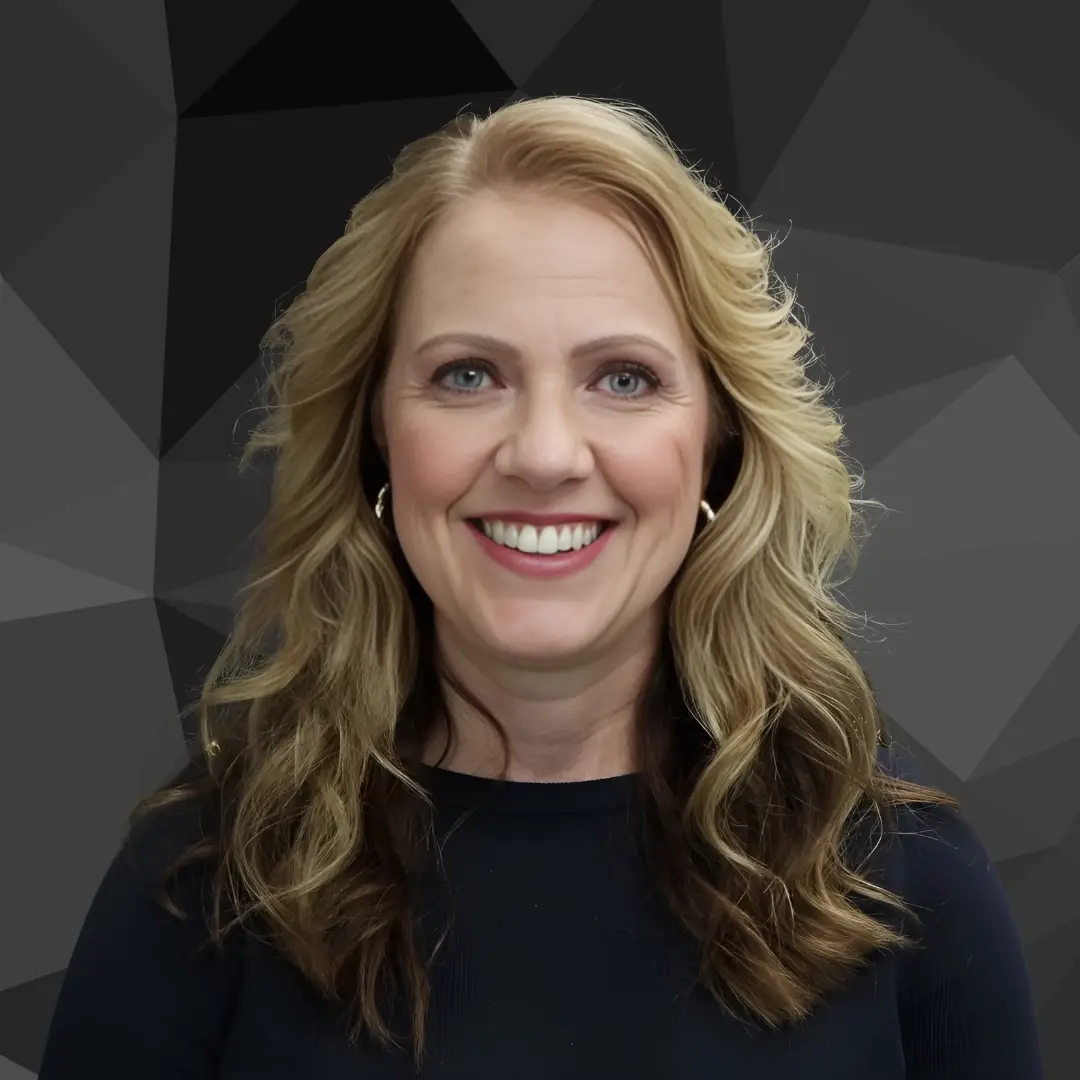Therapy Services That Actually Make a Difference
Therapy Services That Actually Make a Difference Therapy Services That Don’t Feel Like a Checklist Not all therapy is created
People ask me, “How do you do what you do?” They say, “I couldn’t sit with people all day long and listen to their stories, worries and woes. How do you not bring it home with you? I just don’t know how you do it?” For me being a therapist is kind of like being an oceanic surfer. Surfing is all about balance, flexibility, finding your sweet spot and knowing the terrain.
Therapy Services That Actually Make a Difference Therapy Services That Don’t Feel Like a Checklist Not all therapy is created
Contact a Therapist for Real Support That Fits Your Life Why Now Is the Right Time to Contact a Therapist
